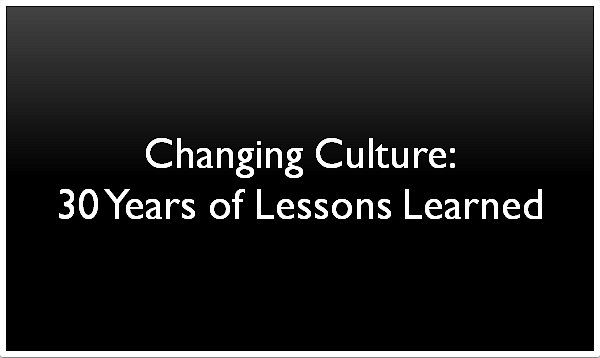The Power of Culture Camps
The Power of Culture Camps
The Zappos Model
One of the leaders in this new cultural arena is Zappos. One of the web’s leading online clothing and shoe retailers, Zappos has built a reputation for a fun, collaborative, and unique working environment. Led, in part, by senior human resources manager Christa Foley, Zappos has built an organization which develops and hires around a central corporate culture. This focus on a central corporate culture includes hiring only those who match the brand’s unique cultural values. This practice, in turn, has led to better business performance, due to improved employee engagement and happiness.
So, What Are Culture Camps?
Zappos’ model for company culture has been so successful that the company has branched out, offering corporate training through a new division called Zappos Insights. Through this new endeavor, leaders who are serious about developing and fostering a dynamic corporate culture can travel to the Zappos campus in Las Vegas and learn first-hand what has made the company such a success.
Culture camp is essentially an immersive experience where those looking to emulate a successful brand’s culture can jump right in and learn first-hand what makes them so great. At the Zappos experience, this includes meeting with the company’s CEO, learning the company’s values and human resources practices, how management engages with employees, and other aspects of company procedures and policies.
What Are the Benefits of a Culture Camp?
While the Zappos Insights model appears to be a lot of fun, there is a lot that leaders can learn from the concept of culture camps. As Jim Whitehurst, CEO of Red Hat notes, “culture is a learned behavior, not a by-product of operations.” Leaders are critical for shaping the culture of their brand. This is something Zappos clearly understands. Company culture, after all, is your company’s brand.
As we’ve covered here in the past, enacting change, or instilling company values, can only occur with a proactive drive from the top. The leadership at Zappos defined its culture early on. To do this, CEO Tony Hsieh sat down and wrote a list of 37 core values which were essential to him. Then, he emailed it to all his employees, seeking suggestions or additions. Why? So, he could create an open and collaborative environment.
Culture camps allow leaders not only a chance to examine what makes a successful brand’s culture work but also allows them an opportunity to step back and really think about what matters most to themselves. Using this soul searching and external advice, they can return to their own companies and drive the change they truly want.
Even without participation in another company’s culture camp, leaders can use camps in their own organizations to help accelerate culture change and improve the onboarding of new hires. By creating a program of their own, using the Zappos model, leaders can experience what it takes to intentionally shape and change culture.
The camps can also be used to provide new and existing employees an immersive experience where they experience the values and beliefs in action and learn the behaviors conducive to the ongoing success of their company and brand. Culture camps can even have the added benefit of helping new employees avoid potential “cultural landmines” which can negatively impact their effectiveness and even derail their career.
Inspiring cultural change may seem like a daunting task, but it doesn’t have to be. If you need help defining or improving your business’s culture, check out some of Culture-Strategy Fit’s excellent cultural products and services, or give us a call today at 1 (800) 976-1660 for a free consultation.










